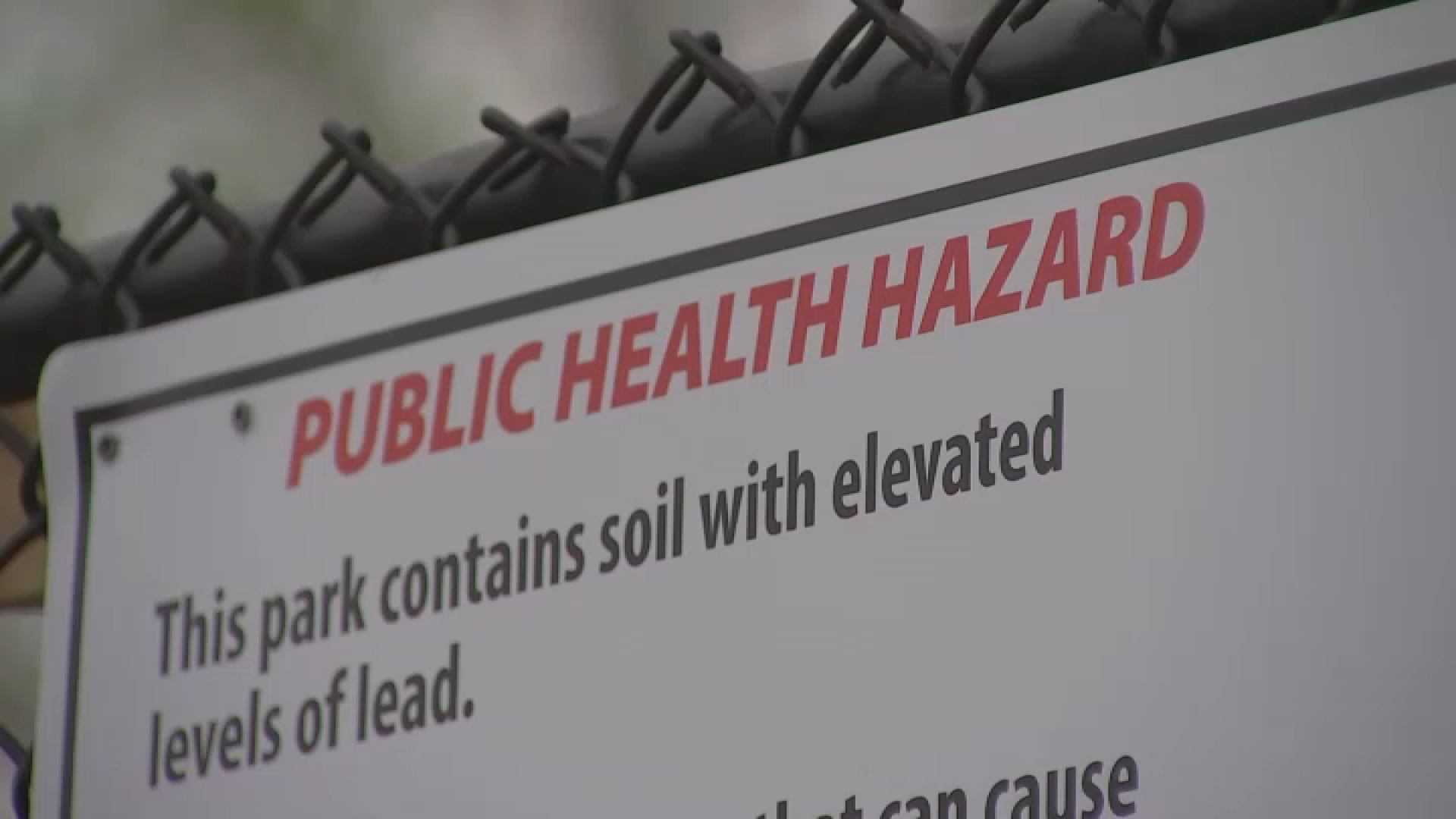Irwin Rose, a biochemist who spent much of his career in Philadelphia and shared the 2004 Nobel Prize in chemistry for discovering a way that cells destroy unwanted proteins — the basis for developing new therapies for diseases such as cervical cancer and cystic fibrosis — has died. He was 88.
Rose died in his sleep early Tuesday in Deerfield, Massachusetts, said spokeswoman Janet Wilson of the University of California, Irvine, where Rose had been a researcher.
Rose had a "formidable intellect and unwavering curiosity about fundamental biological and chemical processes that are the foundation for life," UCI Chancellor Howard Gillman said in a university statement.
Each human cell contains about 100,000 different proteins, which carry out jobs such as speeding up chemical reactions and acting as signals.
Rose, along with Israelis Aaron Ciechanover and Avram Hershko, won the Nobel for discovering how plant and animal cells marked old and damaged proteins with a "kiss of death" molecule — the polypeptide ubiquitin. The proteins are then chopped to pieces.
The process governs such key processes as cell division, DNA repair and quality control of newly produced proteins, as well as important parts of the body's immune defenses against disease, the Royal Swedish Academy of Sciences said in its Nobel citation.
Scientists have been trying to use the process to create medicines, either to prevent the breakdown of proteins or make the cell destroy disease-causing ones. One example is the cancer drug Velcade, which interferes with the cell's protein-chopping machine.
Local
Breaking news and the stories that matter to your neighborhood.
Rose was born in Brooklyn, New York, on July 16, 1926, and spent much of his career as a researcher at the Fox Chase Cancer Center in Philadelphia. His Nobel-winning work was done there in the late 1970s and the early 1980s.
He joined UC Irvine as a researcher after retiring to Laguna Beach in Southern California in 1997 and continued to work regularly in a campus lab and to publish research papers, the university said.
Rose's intelligence and knowledge were "in the stratosphere compared to the rest of us in the field," and he was always willing to provide hands-on help to students and researchers struggling with experiments, Ralph Bradshaw, a longtime friend of Rose's and a UC Irvine professor emeritus of physiology & biophysics, told the school.
On the day that Rose was announced as a co-winner of the Nobel, "he tucked two test tubes in his shirt pocket and that night quietly slipped into a building named after another UCI Nobel laureate, Frederick Reines, where he used the university's powerful mass spectrometry facility to analyze the contents," the university statement said.
Rose was "never content to bask in the glory of his accomplishments and always eager to continue making new discoveries," chemistry professor James Nowick said in the statement.



